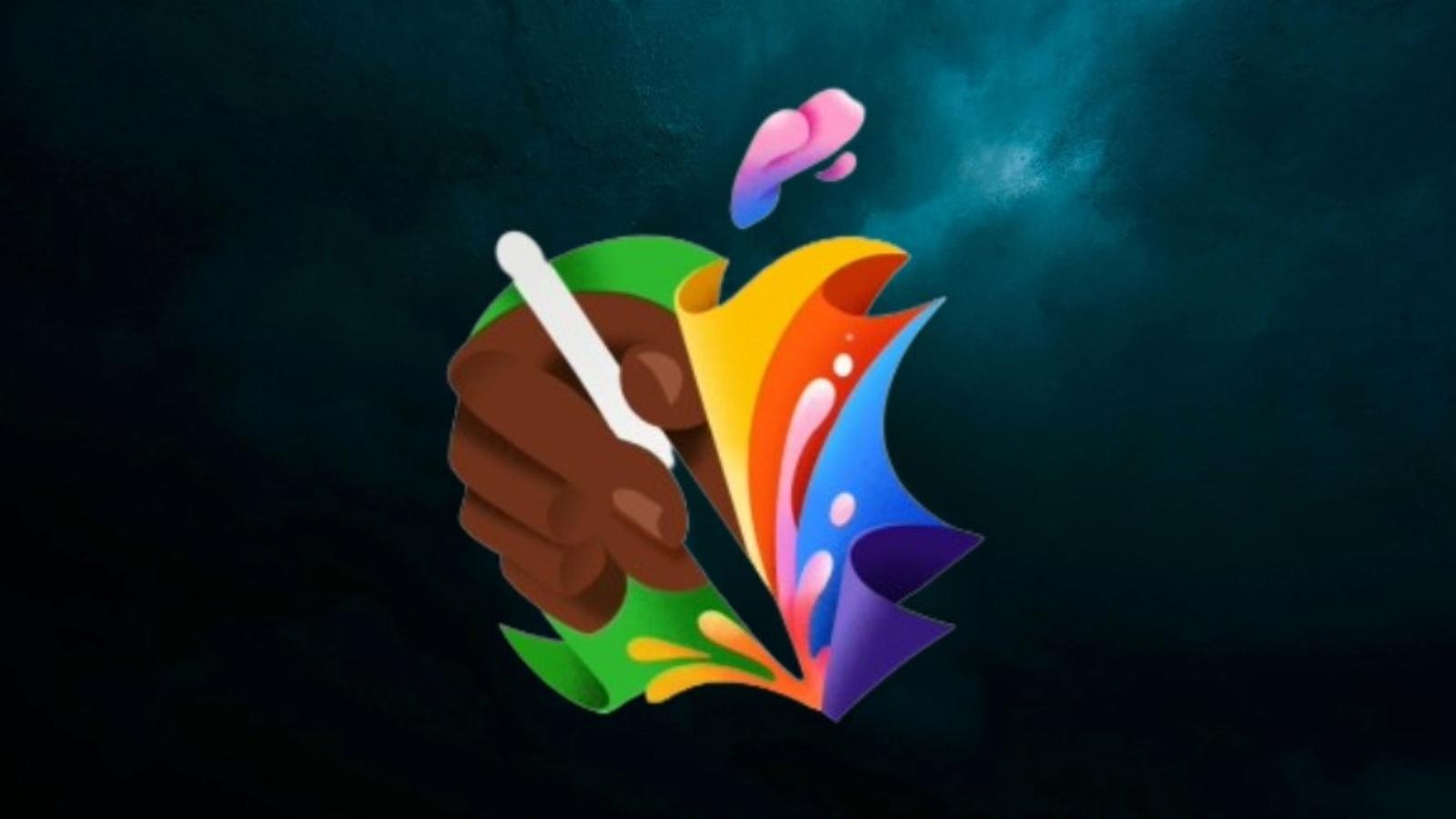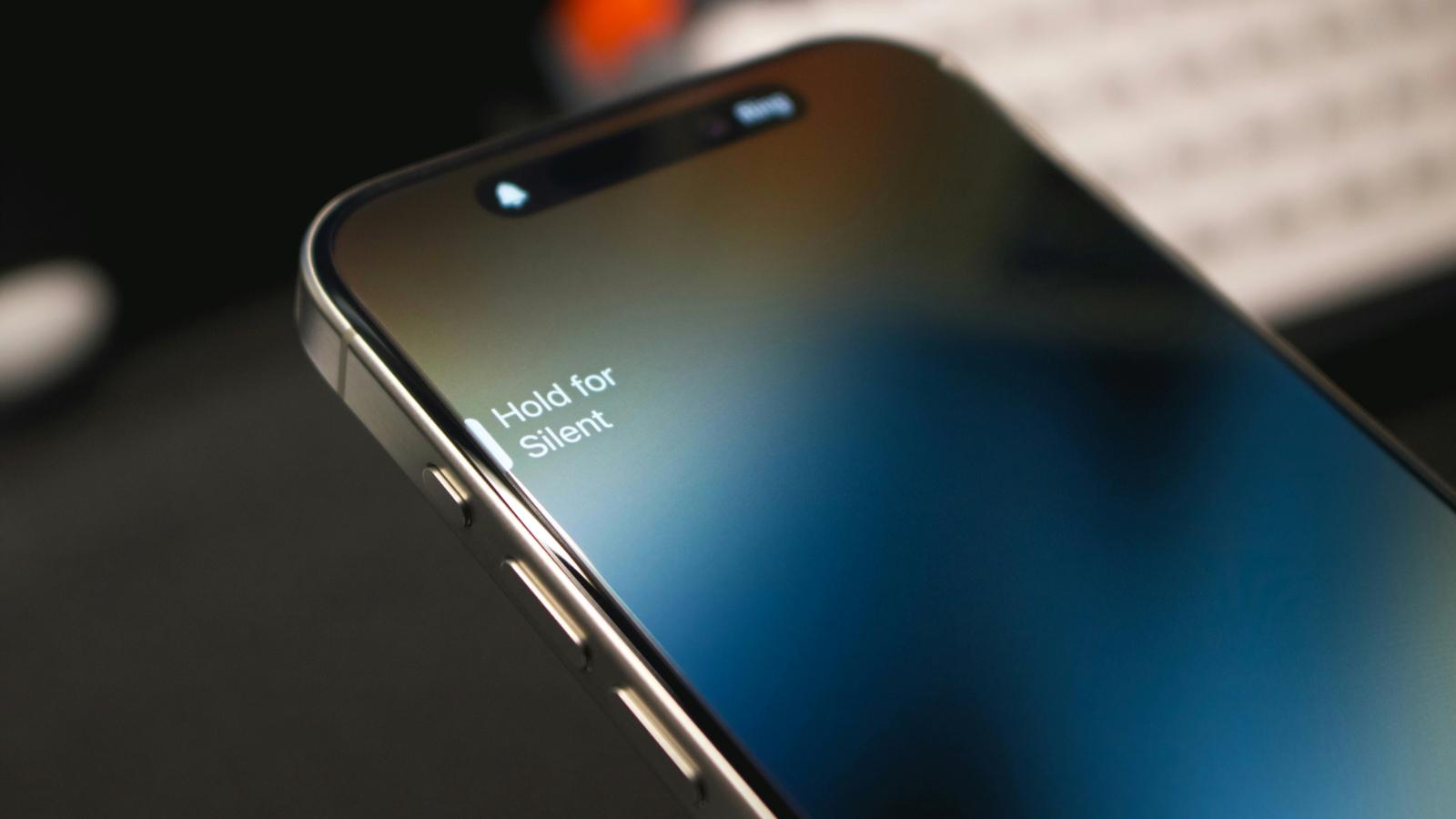Apple needs to admit defeat over Fortnite if they’re serious about gaming
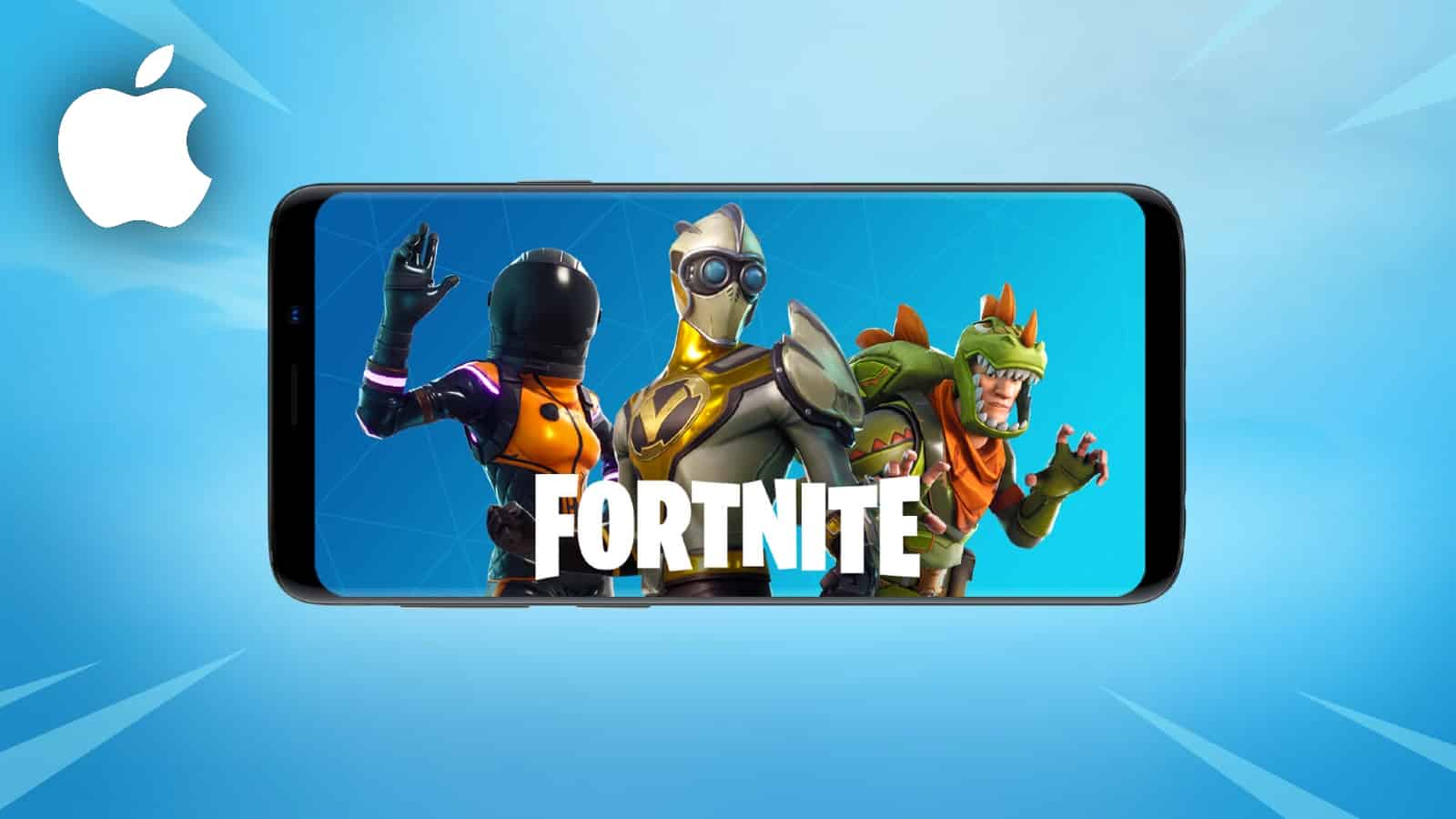 Epic Games/Apple
Epic Games/AppleTo fulfill its vision for the future of gaming, Apple needs to admit defeat over Fortnite and bring it back to iOS. But the question is, why? Here’s our opinion.
In the dynamic world of technology, Apple is facing a turning point in the gaming business. Apple needs to fill a gap in its ecosystem by re-adding Fortnite, a popular battle royale game that was removed in early 2020.
The reason behind the game’s removal was a disagreement between Apple and Epic Games, the makers of Fortnite. Epic Games boldly challenged Apple’s in-app purchase monopoly, claiming that the 30% commission Apple collects was anti-competitive.
As a result, the two companies went to war, with Epic Games CEO Tim Sweeney taking to social media in the hope of exposing what he believed was Apple’s wrongdoing.
 Epic Games
Epic GamesNow, Epic has announced that they have lost the battle to have Fortnite reintroduced to iOS in the US after the US Supreme Court rejected appeals from both sides. Meanwhile, in the EU, developers can now sideload apps as well as their digital store onto the platform — as long as they pay Apple a commission — thanks to the new DMA legislation in Europe.
Consequently, Epic teased the future return of Fortnite in Europe while also mocking Apple. That said, even though Apple is winning the legal battle, we have to wonder if it is digging its own grave for the future of gaming on Mac and iOS devices.
When Apple first took a bite of Fortnite
With Fortnite’s iOS release in March 2018, Epic Games took a risk by taking the game outside of its usual gaming platform. The strategic choice to reach out to the vast iOS user base was met with immediate enthusiasm, as millions of gamers eagerly anticipated the opportunity to enjoy the battle royale phenomenon on their iOS devices.
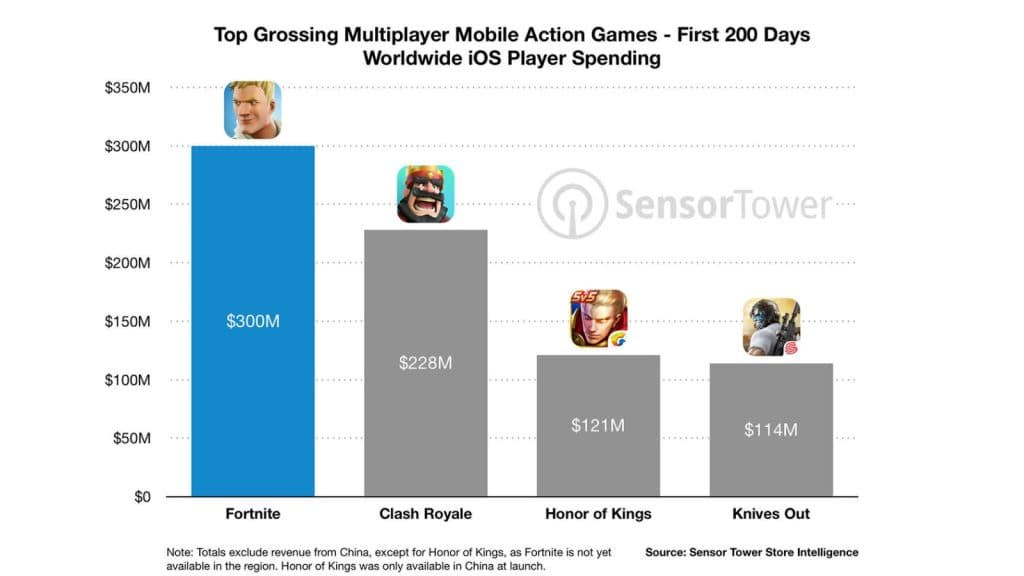 Sensor Tower
Sensor TowerAn analysis by SensorTower found that the game made $300 million in the first 200 days it was available on iOS, suggesting that Apple pocketed a large chunk of that money. Also, during the first month of the game’s release exclusively for iPhones, players spent a total of $1 million daily, according to Business Insider, which caused a surge in interest among iPhone gamers.
Considering how much money the game was making for Apple then, it’s surprising that the decision was made to remove the game from the app store.
The Apple falls off the gaming tree
Apple has inadvertently placed itself at a competitive disadvantage in the gaming industry by removing Fortnite. Apple is forgoing the financial gains and user base that these games generate, whereas other platforms continue to provide Fortnite and comparable popular titles.
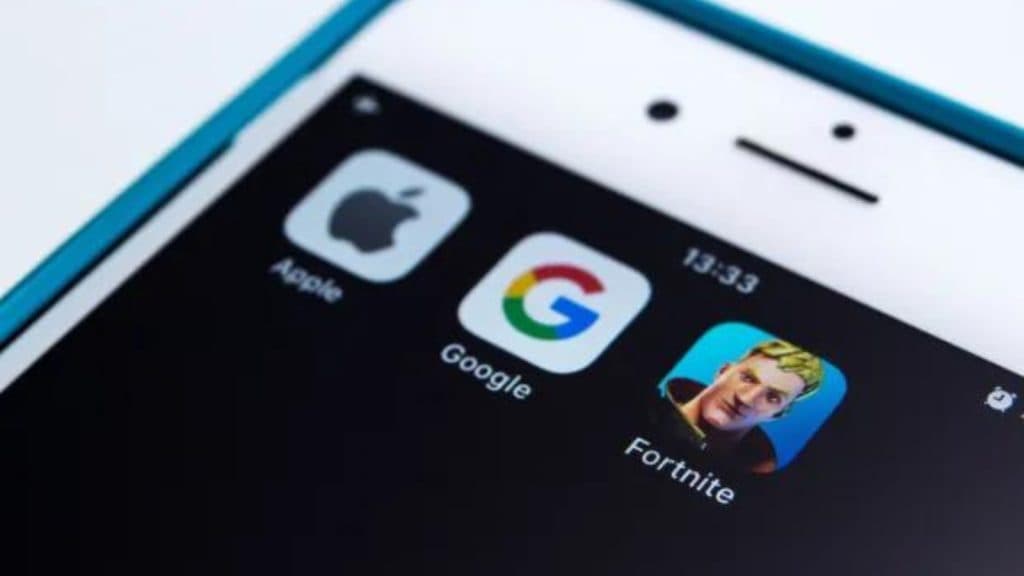 Apple/Epic Games
Apple/Epic GamesThe existing competitive void may have repercussions on Apple’s reputation as a gaming platform, particularly given the growing trend among gamers to seek entertainment on alternative platforms.
Additionally, the Fortnite saga has contributed to Apple’s erosion of credibility within the gaming community. Both developers and enthusiasts are raising concerns regarding Apple’s dedication to cultivating a vibrant gaming ecosystem.
The gaming community has become increasingly disillusioned by the perception that Apple’s policies are motivated more by financial gain than by the best interests of developers and gamers.
How Fortnite’s return can nurture Apple’s gaming ambitions
 Apple/Epic Games
Apple/Epic GamesGaming has evolved into a booming industry that brings in billions of dollars annually, moving beyond its original status as an entertainment medium. Given its large user base and superior hardware, Apple might easily become the gaming industry’s undisputed leader.
To be successful, though, it needs to recognize the impact of games like Fortnite, which has gone beyond being just a video game and into the realm of popular culture. Its extensive popularity is attributable, in part, to its frequent updates, cross-platform play, and active community.
In addition to the obvious benefits, bringing Fortnite back to iOS is in line with Apple’s strategy for the future of the gaming industry. Thanks to its dedication to unique, high-quality games, Apple has made great strides with its Arcade service. By incorporating Fortnite into this ecosystem, Apple can strengthen its status as a gaming giant and pave the way for future partnerships and collaborations.
 Apple/Kojima Productions
Apple/Kojima ProductionsBoth companies would generate enough money to survive in a market that is rapidly shifting towards portable gaming, even though sideloading games would cost Epic Games more than what they were losing with the 30% revenue split on the App Store.
Epic Games and Apple’s user communities are at odds over the tech giants’ respective priorities. Still, they both want the game back so Apple can start its gaming journey instead of releasing AAA single-player games like Death Stranding.

